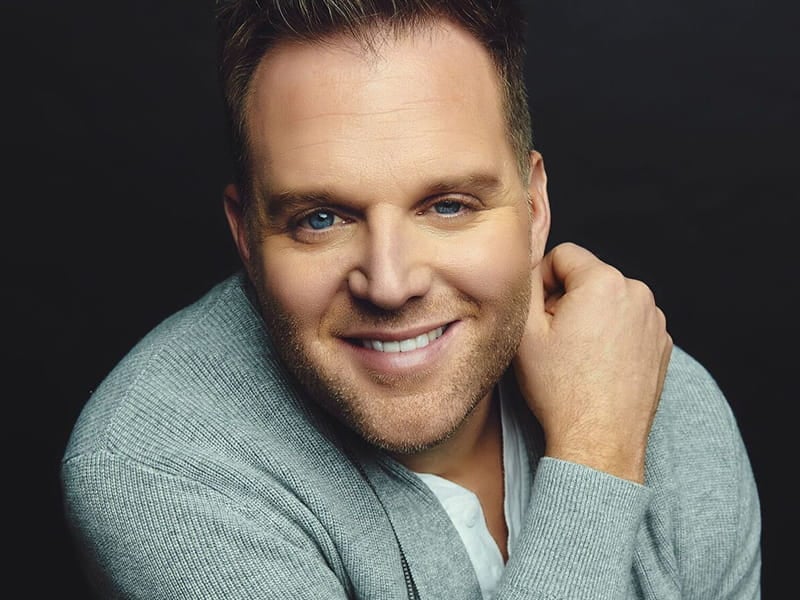 Prev. Quote Prev. Quote | Next Quote  |
"[T]he greatest barrier I have met is the almost total absence from the minds of my audience of any sense of sin. This has struck me more forcibly when I spoke to the R.A.F. [Royal Air Force] than when I spoke to students: whether (as I believe) the Proletariat is more self-righteous than other classes, or whether educated people are cleverer at concealing their pride, this creates for us a new situation. The early Christian preachers could assume in their hearers, whether Jews...or Pagans, a sense of guilt. (That this was common among Pagans is shown by the fact that both Epicureanism and the Mystery Religions both claimed, though in different ways, to assuage it.) Thus the Christian message was in those days unmistakably the Evangelium, the Good News. It promised healing to those who knew they were sick. We have to convince our hearers of the unwelcome diagnosis before we can expect them to welcome the news of a remedy.
"The ancient man approached God (or even the gods) as the accused person approached the judge. For the modern man the roles are reversed. He is the judge: God is in the dock. He is quite a kindly judge: if God should have a reasonable defense for being the god who permits war, poverty and disease, he is ready to listen to it. The trial may even end in God's acquittal. But the important thing is that Man is on the Bench and God in the Dock."

 Prev. Quote Prev. Quote | Next Quote  |

